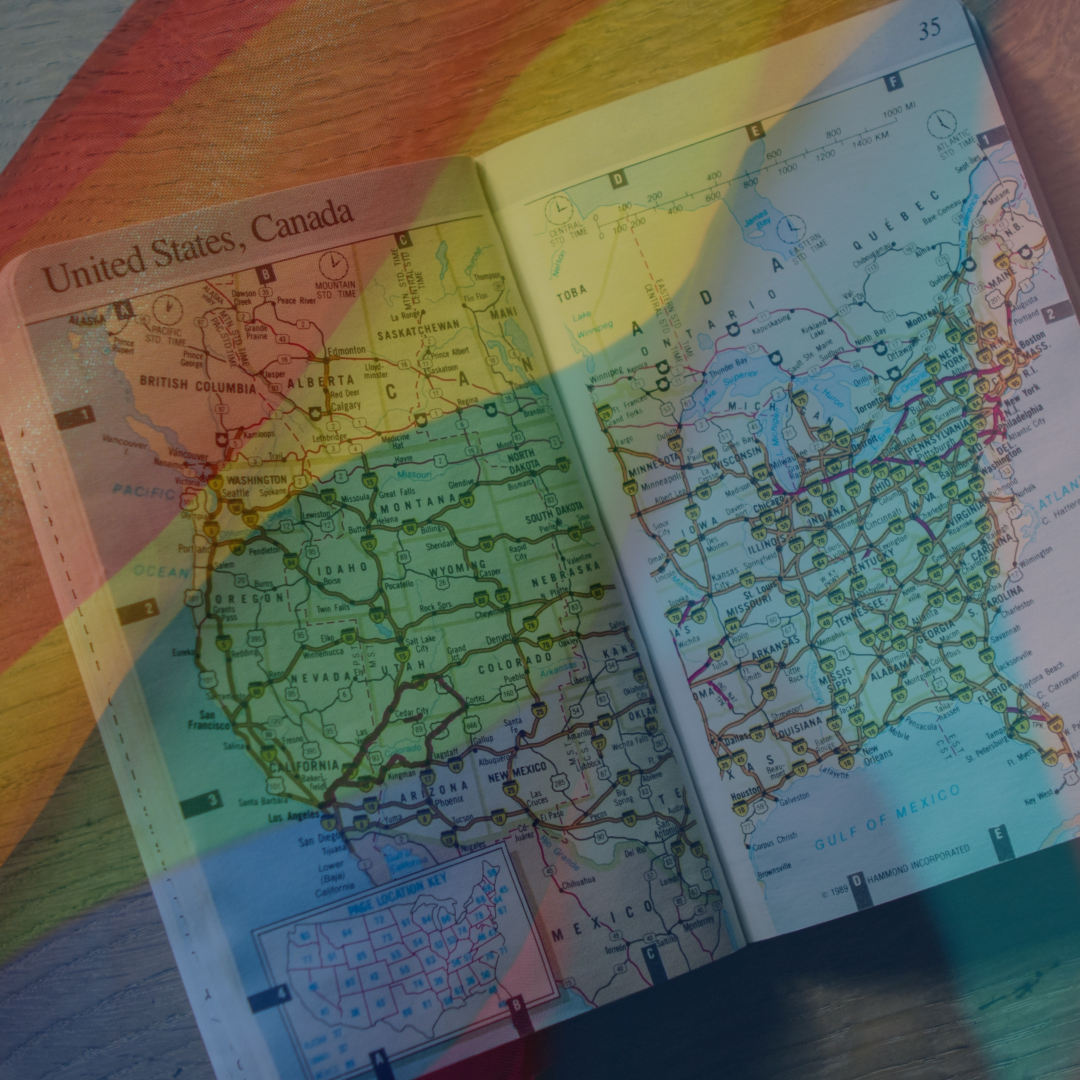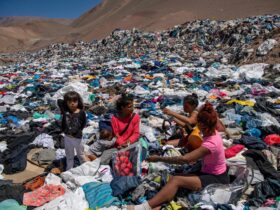When traveling to a foreign country, countries often recommend looking at their travel advisories to be informed about what to be cautious of. Travel advisories update to match the current climate of each country, with each new change having impact outside of simple alteration in wording. In August 2023, Canada updated its advisories for travel to the United States, officially placing a travel warning for LGBTQ+ individuals planning on visiting. The warning advises individuals to carefully check state legislation before their trip as an alarming amount of anti-LGBTQ+ laws have been passed.
In the midst of all this new legislation, why has Canada taken up the mantle to defend the LGBTQ+ community, not just in the United States, but around the world as well? The answer has to do with their domestic push for queer rights and the strong culture it fostered within the country.
Canada has a strong record of LGBTQ+ protections, with the country ranking sixth in the world for LGBTQ+ equality. While still going through waves of anti-LGBTQ+ legislation, such as previous bans against same-sex marriage, Canada is often regarded as one of the safest countries for queer people. This is due to a combination of legal protections and an accepting culture of queer identities. From a legal perspective, Canada has passed legislation that grants LGBTQ+ people protection against discrimination and access to adoption, as well as incorporating efforts to ban conversion therapy. Culturally, Canadian cities like Toronto, Ottawa, and Montreal host frequent Pride events, such as Pride Week, and also boast several LGBTQ+-friendly stores.
Canada even offers asylum for persecuted LGBTQ+ people through government and private sponsored refugee programs. Programs such as the Rainbow Refugee Assistance Partnership allow both the government and Canadian citizens to help refugees and provide them with the necessary resources to establish themselves in Canada.
In order to gain asylum in Canada, LGBTQ+ individuals are required to undergo a lengthy screening process to determine eligibility, and there are country-specific barriers that can either aid in or inhibit one’s ability to obtain asylum. For countries like Uganda that are located far from Canada geographically, extracting refugees can generate a greater economic burden and therefore create additional barriers to escape due to the distance. On the other hand, obtaining asylum in Canada as an American citizen is extremely difficult, as the United States is considered a “safe place” in the eyes of the Canadian legal system. As such, LGBTQ+ U.S. citizens seeking asylum in Canada are often rejected– for many, this has prompted a push to change Canadian law.
Although the protections in place make Canada a generally safe place for LGBTQ+ people, the country is not entirely free from homophobia. Blaine Higgs, the premier of the New Brunswick province, recently established laws mirroring anti-LGBTQ+ legislation such as requiring parent consent for queer children under 16 years to use different names and pronouns. Saskatchewan has also passed laws attacking LGBTQ+ rights. Despite these issues, Canada as a whole has made it clear that it wants to serve as both a safe haven for the LGBTQ+ community and an advocate for their rights.
Canada’s domestic efforts to establish and defend queer rights actively plays a role within their foreign presence as well, such as their relationship with their biggest ally, the United States. Within the United States, over 417 new laws have been passed, taking away rights from LGBTQ+ individuals from children and adults alike. These laws include the restriction on discussion about sexual orientation and gender in schools, restrictions on gender affirming care for minors and forced outing to parents.
In response to this harmful new legislation, the Human Rights Campaign, the biggest LGBTQ+ resource organization in the United States, announced a national state of emergency, ultimately prompting Canada’s updated travel advisory. The advisory update has a dual purpose: to ward Canadian citizens who are traveling of possible discrimination, while also making a public announcement of Canada’s disapproval towards the new laws. While the U.S. Embassy in Canada has yet to officially comment on the situation, they did show support for the 2023 Capital Pride Festival, juxtaposing the recent U.S. policies.
The United States is not the only country to have a LGBTQ+ travel advisory warning placed, but it is noteworthy due to their shared regional and historical ties. For instance, Canadian travelers receive government warnings when traveling to Uganda, a country which recently passed their “Anti-Homosexuality Act;” however, the warnings placed on Uganda are more severe than the ones that have been placed on the United States due to how serious the situation there is for LGBTQ+ people. Many countries with policies similar to those of Uganda in regards to the LGBTQ+ community have legal punishments for homosexuality ranging from ten years in prison to the death sentence, which is currently a source of continual concern for queer and human rights activists.
Canada has taken a firm stand in the defense of the LGBTQ+ community, both domestically and internationally. In regards to Uganda’s 2023 Anti-Homosexuality Act, Minister of Foreign Affairs Mélanie Joly publically denounces the law and calls for Uganda to reverse their policy on the grounds of being a violation of human rights.
Whereas Canada has taken a public stance against Uganda’s human rights abuses of the LGBTQ+ community, its government has yet to make a comment on the state of LGBTQ+ rights in the United States. This could be due to the difference in severity of punishment between Ugandan anti-LGBTQ+ legislation as compared to that of the United States or an attempt on the part of the Canadian government to protect United States/Canada relations. Whatever the reason, the steps Canada has taken to show its support of the LGBTQ+ community through its travel advisory on the U.S. are significant.
Within a huge wave of anti-LGBTQ+ legislation being passed around the world, it is easy for the LGBTQ+ community to feel hopeless. Despite this, there are still countries like Canada that will fight for their rights. To protect all of their citizens, countries should follow in Canada’s lead to protect their LGBTQ+ citizens’ rights such as with a simple change to a travel advisory.







